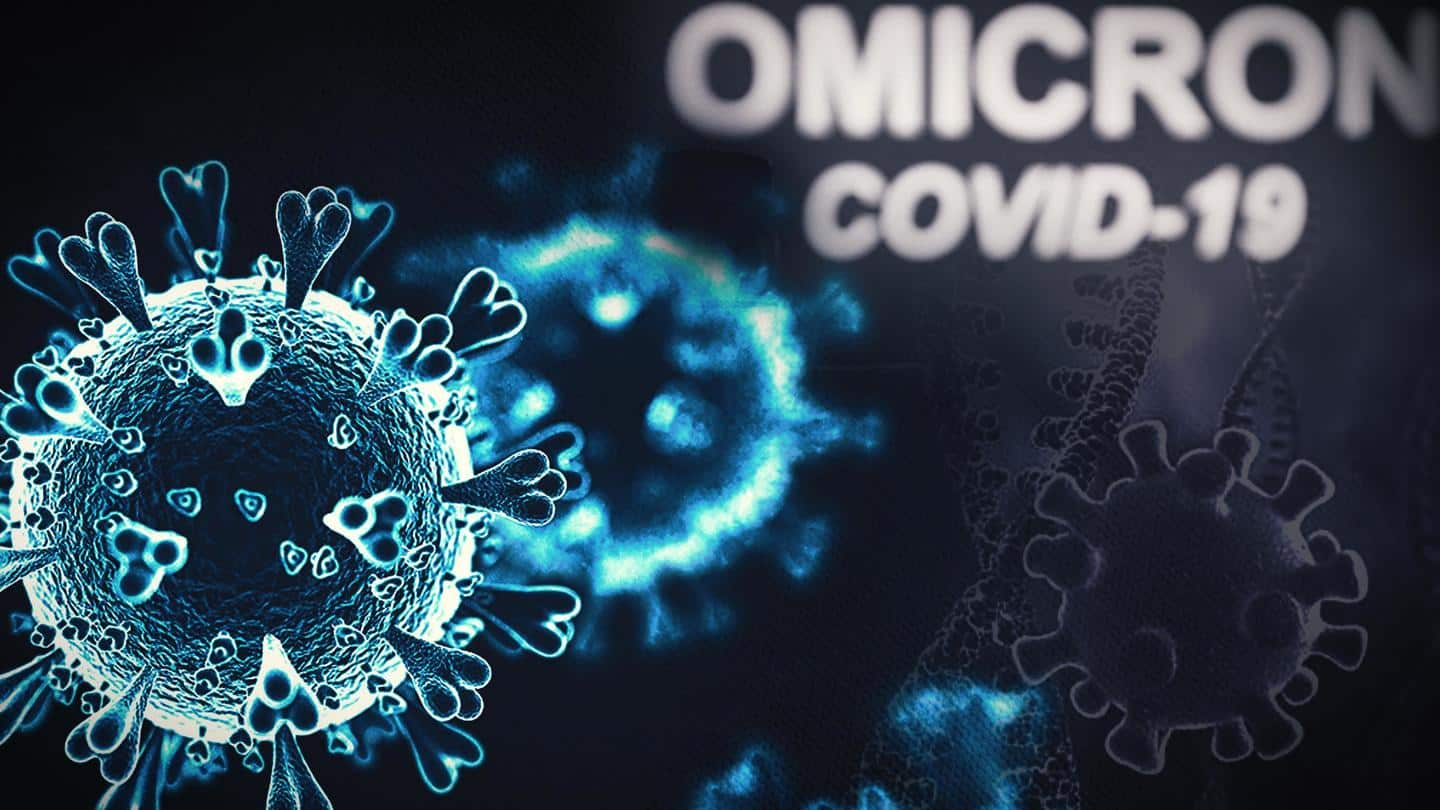
Government answers burning questions on Omicron variant
What's the story
The new Omicron variant of coronavirus is heavily mutated and evidently spreads rapidly, triggering panic around the world. Naturally, people are concerned about several aspects: the severity of the illness it causes, whether vaccines will work against it, and the precautions that should be taken. The central government has issued answers to some of your queries. Read on to know more.
Threat
How concerned should we be?
The World Health Organization (WHO) had declared Omicron as a Variant of Concern (VoC) just days after it was detected last month. The Indian Health Ministry said the category has been assigned based on several predicted features such as increased transmission, evasion of immunity, and the risk of a surge in reinfections. However, it added more credible evidence is awaited.
Testing
Are the currently used testing methods effective?
The most commonly used method for COVID-19 testing is RT-PCR. It detects virus genes such as Spike, Enveloped, and Nucleocapsid. However, since the Spike gene is heavily mutated in case of Omicron, testing may indicate its absence. That, along with the identification of the other virus genes could be used as an identification of Omicron. However, genomic sequencing is recommended for a final confirmation.
Vaccines
Will the existing vaccines work?
The Health Ministry has warned that some of the mutations seen in the Spike gene of Omicron may reduce the efficacy of existing against it. However, "vaccines are expected to still offer protection against severe disease, and vaccination with the available vaccines is crucial," it added. "If eligible, but not vaccinated, one should get vaccinated."
Third wave
Will Omicron cause a third wave of COVID-19?
India has reported more than 90 cases of Omicron in a span of just two weeks. The government, however, said it expects the severity of the disease to be low in view of the wide exposure to COVID-19 in the country and a fast pace of vaccination. "The severity of the disease is anticipated to be low. However, scientific evidence is still evolving."
Information
What precautions should we take?
The recommended precautions remain the same as with the previous strains of coronavirus. The government advises full vaccination against COVID-19, wearing a face mask, maintaining social distancing, and ensuring maximum possible ventilation in indoor settings.
Cases
90+ Omicron cases in India
In India, the tally of Omicron cases climbed to 99 after Delhi recorded 10 fresh cases on Friday. Two new cases were also reported from Telangana. The number of Omicron cases is the highest in Maharashtra at 32. Other states and union territories that have reported cases include Rajasthan, Kerala, Tamil Nadu, West Bengal, Andhra Pradesh, and Chandigarh.